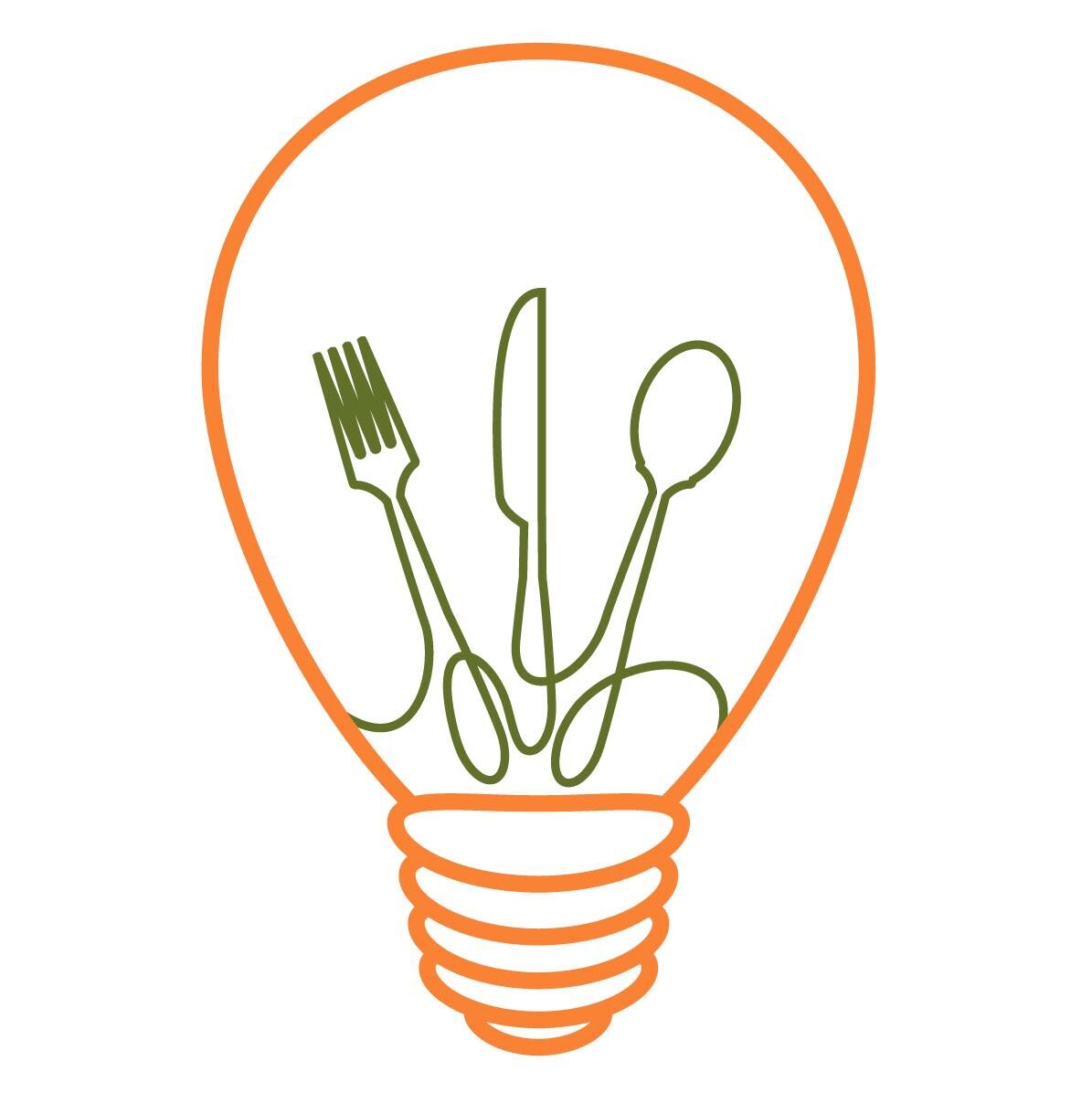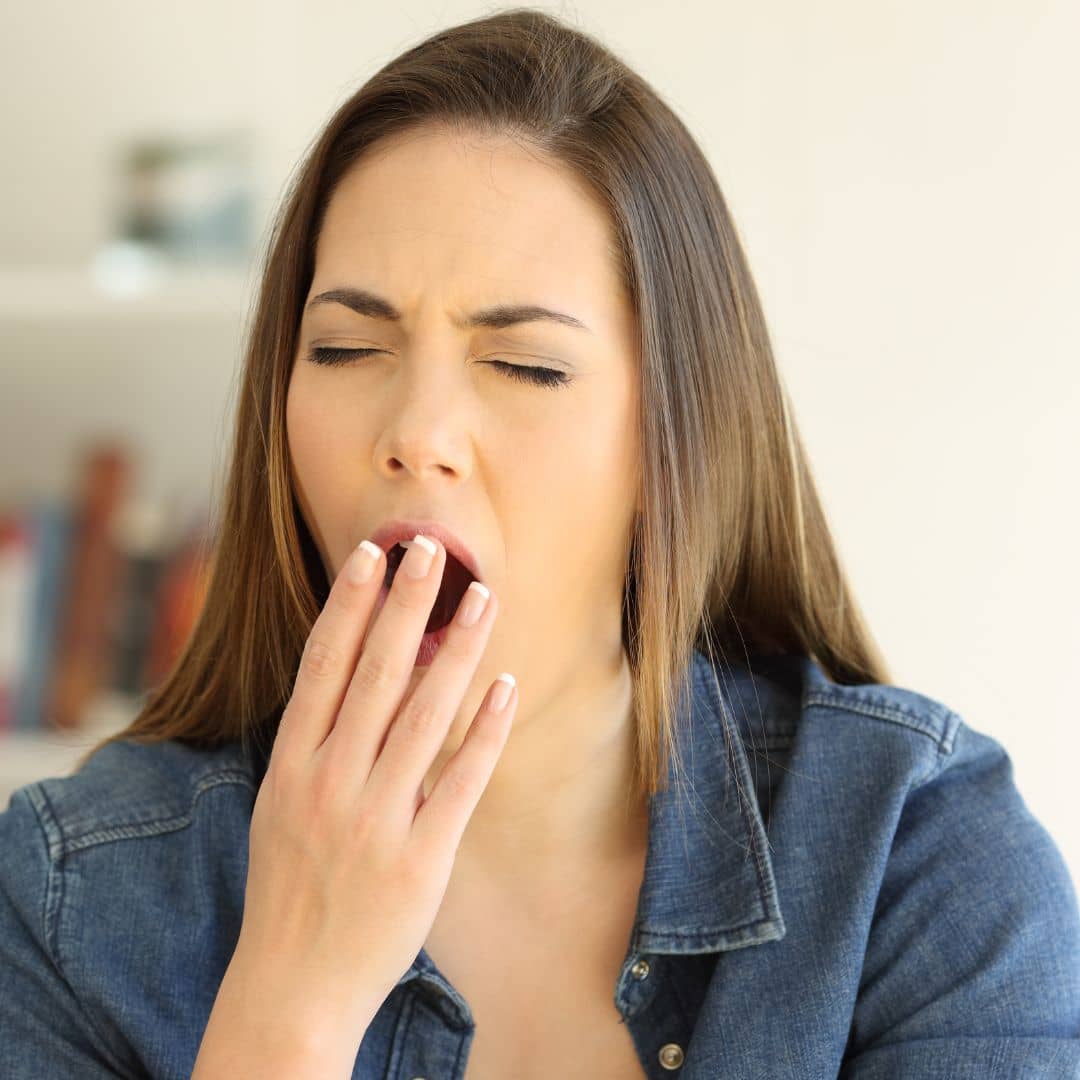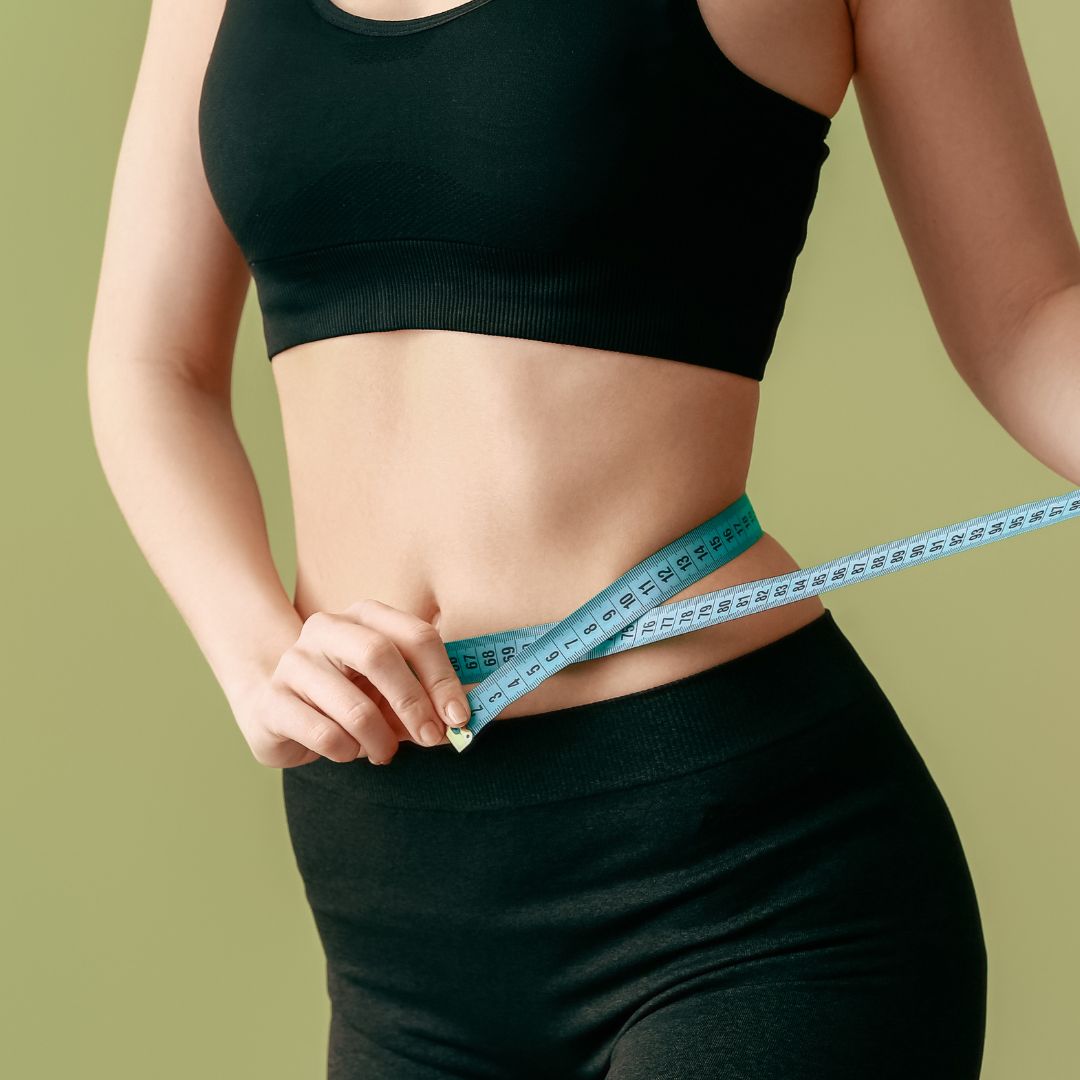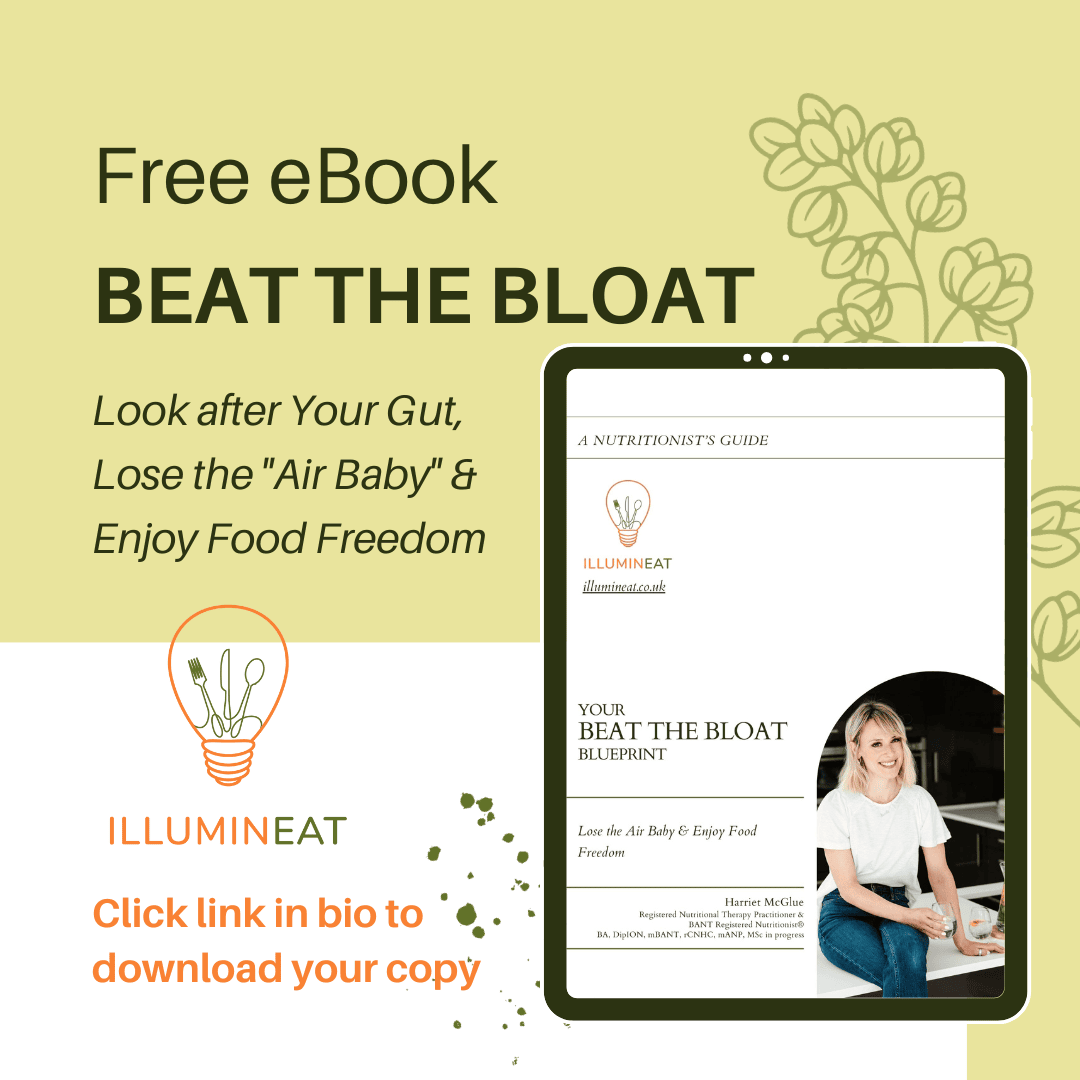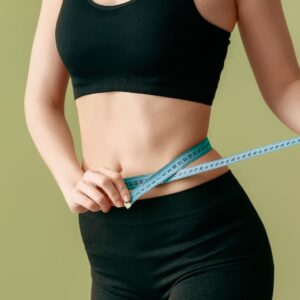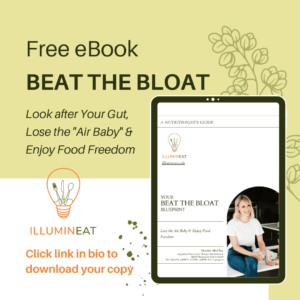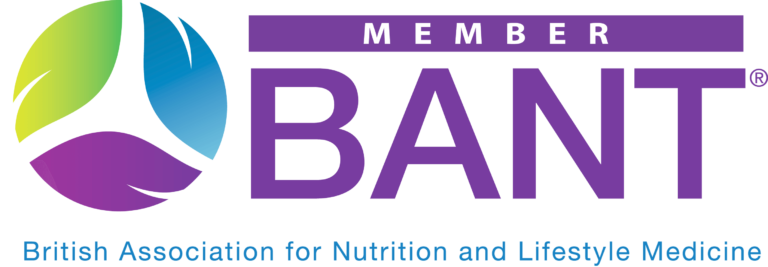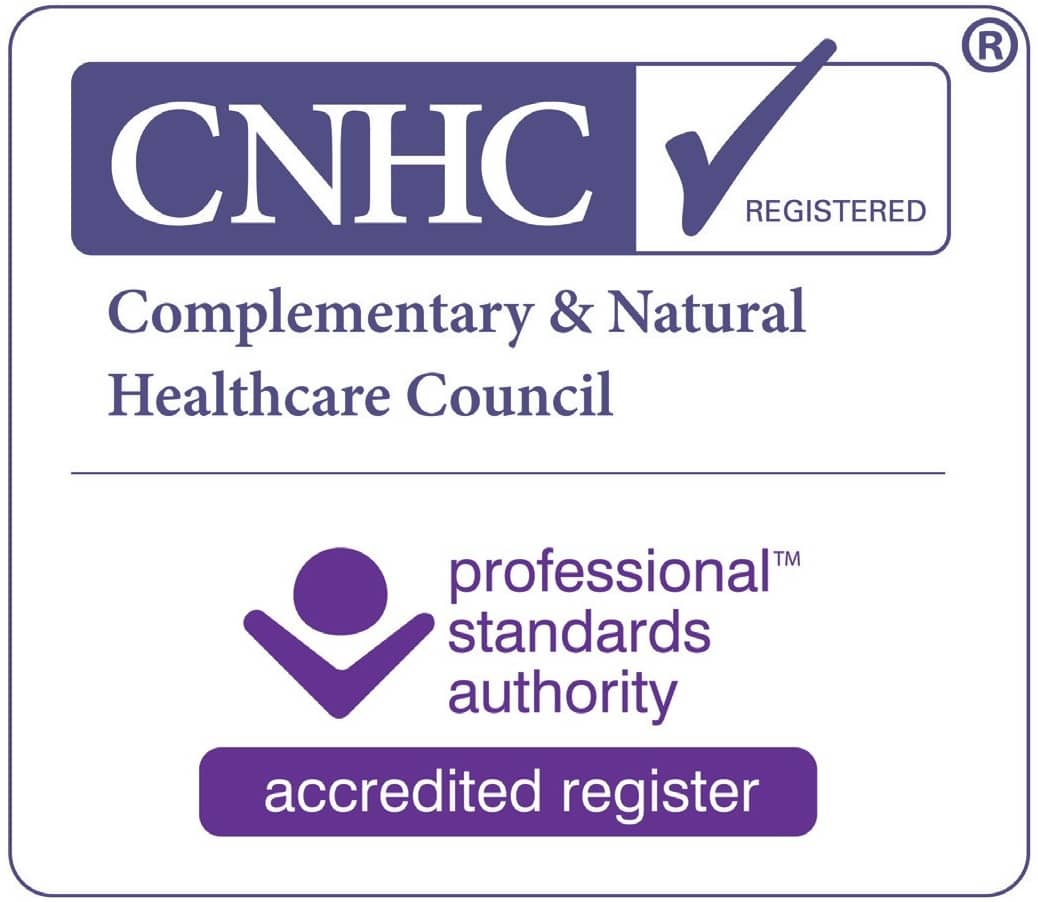Do you have no idea?! Either way, you’re in (not-so-good) company….
☀️ Much as we’re loving the glimpses of sun lately it’s just never quite enough here in the UK…! I’ve been fantasising about our last proper holiday back in September at our fave @ikosresorts & manifesting a return sometime soon to get me topped up ⛱
Most of us are all too aware of just how important the “SUNSHINE VITAMIN” is for HEALTHY BONES, TEETH & MUSCLES.
BUT did you know that vitamin D isn’t really a vitamin at all, but a HORMONE?!
That it is a master regular of our IMMUNE SYSTEM, essential for both fighting infections & keeping INFLAMMATION in check (as we have seen with Covid outcomes)?
That it affects our MOOD & deficiency is linked to DEPRESSION?
Or that low levels are associated with ❤️DISEASE, INSULIN RESISTANCE & TYPE 2 DIABETES, AUTOIMMUNE diseases and some CANCERS (breast, colon, prostate)?
Almost every cell in our body has a VITAMIN D RECEPTOR- and nature doesn’t generally do this stuff for jokes. This suggests we are still very much unravelling what this superstar nutrient has to offer…
Yet despite a clear public health message advising us to supplement, estimates suggests between 20% and 1/3 of us in the UK still have levels below ‘normal’ range – let alone in the OPTIMAL range (75-120 nm/L)
So what can we do to optimise our vitamin d status?
Here are my Top Tips
- Get in the sun (safely)! 20-30 mins of sunlight (UVB rays) on exposed skin (face, shoulders, forearms etc) 2-3 times/week is usually all it takes in the summer months to make the vitamin d we need. There is some lack of consensus as to whether sunscreen prevents/reduces synthesis, but most of us are unlikely to burn within this timeframe in the UK so I usually delay my cream application for a few minutes anyway
- Test don’t guess! Grab a cheap, quick and readily available test (online via vitamindtest.org.uk; from a direct-to-consumer company like Thriva; or from a pharmacy) to know where you’re at. Like everything in nutrition and medicine, we are all individuals and certain genetic SNPs (variants you might have inherited) can affect availability and response
- Supplement! according to your needs and with the right form. d3 is 2-3 times more effective than d2 so check the labels! If you’re massively deficient then the recommended daily 10mcg/400 IU is unlikely to be enough to get you where you want to be. Always consult a healthcare professional about whether a higher dose supplement could be warranted (since very high doses could lead to toxicity long-term)
- Include food sources too. we may not be able to satisfy our vitamin D requirements from diet alone, but eating some oily fish, egg (yolks), meat, full fat dairy or fortified plant based alternatives & mushrooms can help the cause. Sunbathe those shrooms on a sunny windowsill for an extra boost!
- Take your supplement with a meal containing a loose rate amount of fat for maximum absorption as vit D is fat-soluble so depends on us consuming and absorbing dietary fat (getting it from the sun bypass this issue)
- Are you low in magnesium? Mg is needed to synthesise vitamin D and convert in to its active form. Proper Mg levels means we need less vitamin d to achieve adequate levels. Unfortunately, many of us today have sub-optimal levels (see my post for more on this topic)
- How is your gut? Our digestive health strongly impacts how much vitamin d we absorb from our supplement/ dietary sources & those suffering from conditions that impact the small intestine (coeliac, Chron’s) & fat digestion can be particularly impacted
- Are you looking after your microbes? A healthy microbiota supports conversion of vitamin d to its active form. Supplementing probiotic L. reuteri may be helpful…and remember to focus on fibre which feeds the good guys
- Stress less! Both vitamin D and stress hormone cortisol are made from the same raw material, cholesterol, & cortisol (fight or flight) will always take precedence! Higher vitamin d levels are associated with lower cortisol & supplementing vitamin d can help reduce cortisol
- Skin colour has a big impact. The paler you are the more efficiently you synthesise vitamin d. Know that if you have a darker skin tone you will require far greater sunlight exposure as melanin acts as natural sunscreen!
- Watch your weight. Obesity is an issue since vit D accumulates in fat tissue rather than being readily available for the body to use, so losing weight could help
